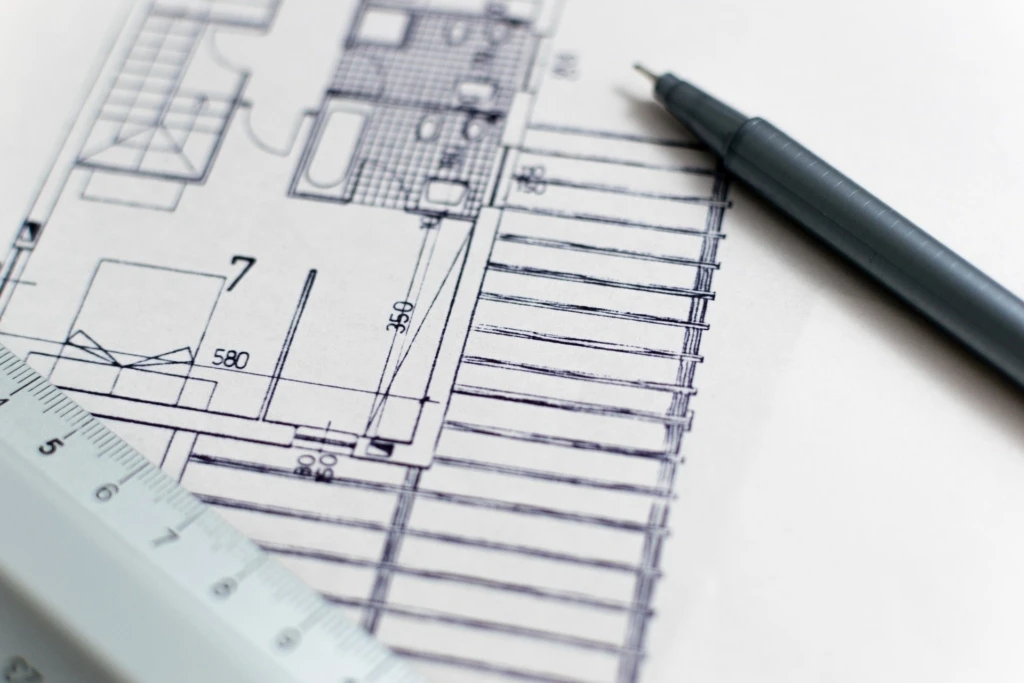Real Estate Developer's Challenge: How to Get Rid of a Phantom Apartment Association?

When implementing a new development project, precise scheduling is essential, as it affects the construction contract timeline and payment schedule, bank financing terms, as well as the conditions and timing of the sale of the developed property. If a new development project is planned for a property that includes an apartment building scheduled for demolition or already demolished, additional time must be accounted for, which may be spent on the liquidation of the apartment association.
Marina Lapidus, co-head of the construction and real estate department at law firm RASK, explains that if a new development project requires the division of a property into new apartment ownerships or restructuring the property in another way, the existing old apartment ownerships must first be deleted from the land register. These may correspond to apartments that have been demolished or are scheduled for demolition, where no one has lived for years. To delete apartment ownerships, an application from the property owner to the land register office is sufficient, but this requires that the corresponding apartment association has also been deleted from the register.
Here, a developer may encounter an unexpected obstacle: the apartment association may still be in the register, even though the corresponding building has long ceased to exist and the owners have never established the association or engaged in its activities.
Automatic apartment association creation
The reason for this situation lies in the Apartment Ownership and Apartment Association Act. Namely, the law provides that if an apartment association had not previously been established to manage the shared ownership of apartment ownerships, then as of January 1, 2018, apartment associations were created automatically. This means that the state opened an apartment association registration card in the apartment associations register without a direct expression of will from the apartment owners.
In this way, apartment associations were also created for apartment buildings where there were actually no residents or where all apartment ownerships belonged to a single person who had no need for a legal entity to manage their property.
The legislator justified the change by the desire to avoid previous confusion that had been associated with the community of apartment owners and third parties, such as construction companies. In the state's view, an automatically established apartment association makes contractual relationships clearer.
The complexity of apartment association liquidation
Setting aside discussions about whether the compulsory joining of individuals into a legal entity is lawful, one must focus on the technical aspects of apartment association liquidation. As mentioned earlier, it is not possible to delete apartment ownerships entered in the land register before the corresponding apartment association has been liquidated. The liquidation of an apartment association consists of several steps:
Submission of an application to the registrar to initiate the liquidation of the apartment association.
Appointment of a liquidator, whose task is to terminate the association's activities, collect debts, sell property, satisfy creditors' claims, and distribute the remaining property.
Publication of the liquidation notice in the Official Gazette, where creditors have four months to submit their claims.
Final procedures, or after satisfying claims, depositing funds, providing security, and distributing remaining property, an application can be submitted to delete the apartment association from the register.
Thus, although an apartment association may exist only "on paper" and be inactive, its liquidation, due to the mandatory time periods specified by law, still takes at least four months.
Apartment associations are not subject to simplified deletion procedures
It is interesting that the legislator has considered an apartment association such a complex legal construct that its liquidation is not possible in a simplified manner.
For example, a private limited company can be deleted from the business register in a simplified manner if it has not commenced operations and all shareholders and board members confirm this. Although the business register law explanatory memorandum suggests that the same option should extend to other legal entities, the registrar refuses to apply such an approach to apartment associations. This applies even when evidence is presented that the building has been demolished and the association has never operated.
Unreasonable burden on apartment owners
The state has seen the automatic creation of apartment associations as a preferred solution, but this has clearly increased the administrative burden on apartment owners and left their interests in the background. The creation of an apartment association in a situation where it is neither needed by the owners nor by third parties causes only additional time and financial expenses to carry out the liquidation process.
Therefore, the legislator could consider amending the regulation. Until then, however, apartment owners who wish to have apartment ownerships deleted from the land register must continue to account for the liquidation process and the associated time expenditure.




